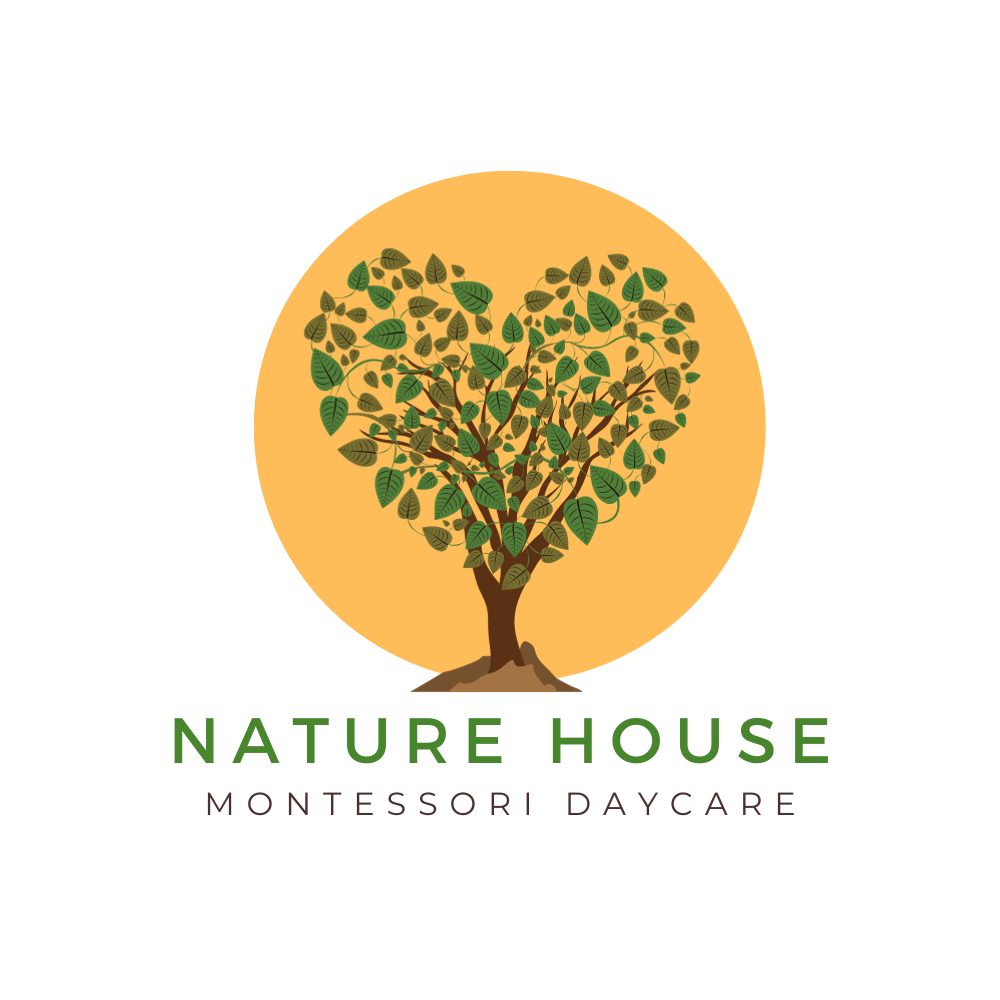OUR LEARNING AREAS
Learning Areas at Nature House Montessori Daycare in Aruba:
In our daycare, the learning areas are divided into organized spaces both inside and outside the classroom. These are: Practical Life, Sensorial, Math, Geography, Language, Zoology and Botany.
Practical Life: The primary purpose of the practical life materials is to help children develop concentration and order through the use of small tools (tweezers, pitchers, needles, and thread) and to care for the classroom environment. These exercises provide the foundation for everything else that happens in Montessori environment.
Sensorial: From birth to age six, children are in a “sensitive period” in which exploring the world through their senses is the best way to learn. By offering a careful selection of items of different textures, colors, sizes, and geometric shapes, children discover relationships and learn how to express different characteristics of objects. These sensorial experiences indirectly prepare children for future exploration of language, mathematics, geometry, art, and music.
Math: All of their work with the Practical Life and Sensorial materials brings order to children’s experiences, important indirect preparation for the mathematical mind. The developing child yearns to organize, classify, and abstract. Fortunately the whole world obliges with toes to count, temperatures to read, rain to gauge, and clocks to check. The Montessori math lessons lead the child through progressive hands-on activities, emphasizing concepts while preparing the child for abstractions. The extensions and variations we offer complement and support work with Montessori’s legendary math materials.
Geography: One of the many gifts a Montessori education often brings is a life-long enthusiasm for geography. Our Geography materials and lessons help children place themselves on Earth, fostering care for the rivers, forests, oceans, and peoples. Physical geography focuses on the features of Earth’s environment. Political geography studies how humans have adapted to the land, emphasizing settlement and activity.
Geography is the most all-encompassing subject in the Montessori “cultural curriculum.” It creates the foundation for understanding the oneness of the human family, recognizing the basic needs that all people share while appreciating the diversity of how different cultures satisfy those same needs.
Language: Montessori perceived the miracle of language development as “a treasure prepared in the unconscious, which is then handed over to consciousness, and the child, in full possession of his new power, talks and talks without cessation.”
Absorbing and perfecting language depends on human contact, but language is not taught. Words are the labels for our experiences. A child who has varied experiences and is given the words for those experiences will develop a well-rounded means of expression. Just as a rich vocabulary is dependent on the child’s experience, the transition to reading and writing is dependent on a strong vocabulary.
A child will learn the words that he is offered through his environment. We control the environment. At daycare Nature House Aruba we curate and prepare the child’s environment for language development. In other words, to make our environment rich and full of language learning opportunity.
Zoology and Botany: Children are naturally curious about other living creatures, so zoology is a very interesting subjects for them to explore. From very early on children are becoming educated about the animals around them. They may encounter wild animals in the neighborhood or during nature walks, or they may visit them at a farm or zoo. They learns about the sounds they make, where they live, what they like to eat, what their babies look like, and so on. In our classroom, this “first knowledge” about animals continues through experiences in nature, classroom materials, group lessons and field trips.
Lessons in botany give the child knowledge of the plant kingdom. Through their experiences exploring nature, caring for plants in the classroom and growing a garden with vegetables they learn that plants are living organisms with needs. We put special focus on our local Aruban flora and fauna and the importance of plants for us and our world. Growing, harvesting and preparing our own vegetables is part of the curriculum.
